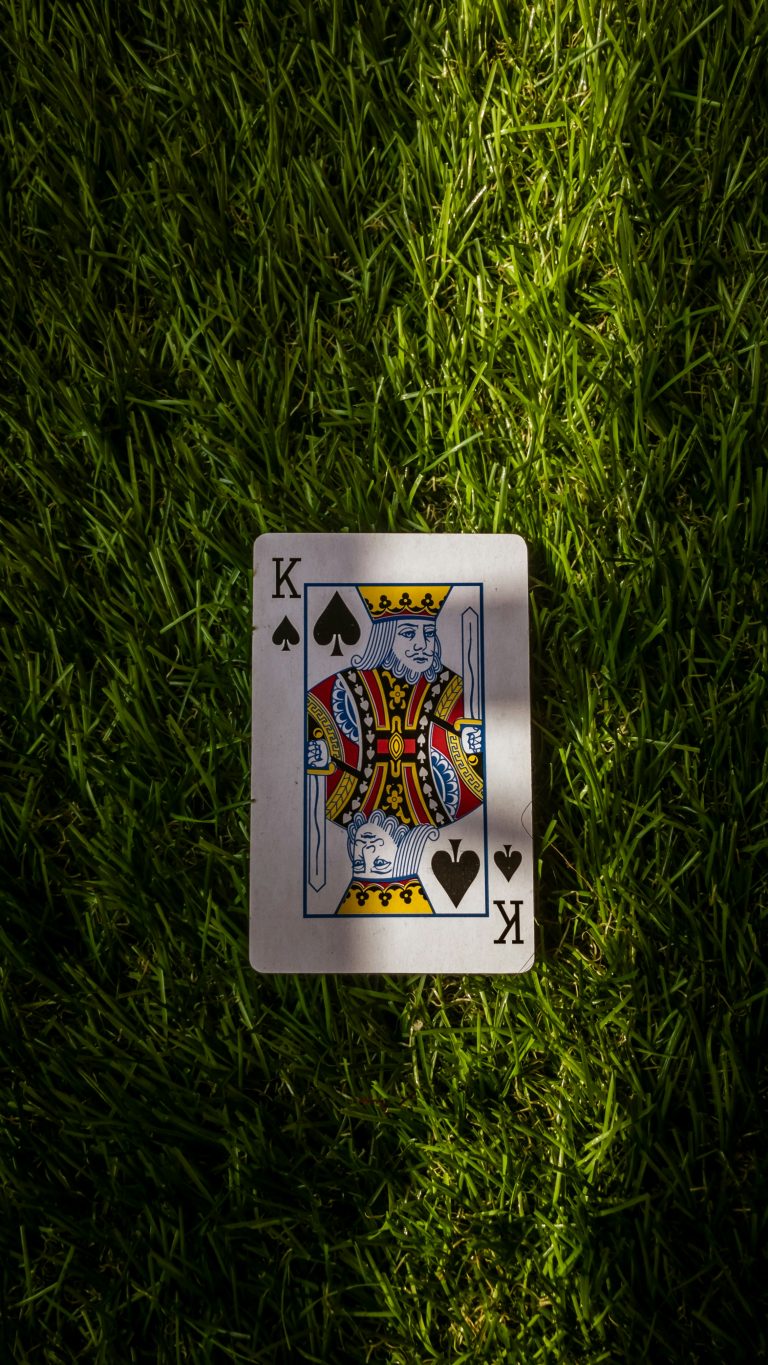When someone mentions permaculture, online poker probably isn’t what pops into your head first, right? But here’s the thing–the core ideas behind permaculture (watching, planning, rolling with the punches) can actually make you a much better poker player.
It’s like this: instead of fighting against what’s happening at the table, you work with it. Just like a smart gardener works with nature instead of against it. Let me break down five ways this actually works.
1. Master the Art of Watching
In permaculture, you’ve got to really understand your land before you plant anything. Same deal with online poker–you need to watch your opponents like a hawk.
I’m talking about picking up on betting patterns, timing tells, even those weird little habits players don’t realize they have. That guy who always takes forever when he’s bluffing? The woman who bets exactly the same amount when she’s got the nuts? These patterns are gold.
The beauty of playing online poker is you’ve got all these tools–hand histories, stats, notes. Use them. I can’t tell you how many times I’ve caught someone in a pattern they didn’t even know they had.
2. Think Three Steps Ahead
Permaculture farmers don’t just plant random stuff and hope for the best. They plan everything out. Your poker game should work the same way.
Don’t just think about this hand. Think about the next three hands. What’s your position going to be? How’s this aggressive player going to react if you three-bet him? What happens if that calling station finally wakes up?
Here’s what I mean: maybe you fold a decent hand now because you know the maniac to your left is about to blow up, and you want to be ready with a strong hand to capitalize. That’s planning.
Your bankroll management? That’s planning too. Set traps. Time your bluffs. Know when to cut and run. It’s all connected.
3. Roll With the Punches
Nature throws curveballs constantly. One day it’s drought, the next day it’s flooding. Online poker? Same energy.
That tight player who’s been folding for two hours suddenly starts raising every hand. The whole table dynamic shifts after someone hits a bad beat. You’ve got to adapt, and fast.
I’ve seen so many players stick to one strategy no matter what’s happening around them. Don’t be that person. When the game changes, you change with it. Your bankroll will thank you.
4. Make Everything Work Together
Good permaculture systems have everything working in harmony. Your poker strategies should, too.
Mix up your aggression with some well-timed passive play. Balance your short-term moves with your long-term goals. If you’re normally tight, throw in some calculated chaos. If you’re usually loose, tighten up at the right moments.
The key is making sure all your different approaches support each other. You’re not just playing random poker–you’re building a system.
5. Play the Long Game
Here’s where a lot of online poker players mess up: they burn out. They go broke. They tilt themselves into oblivion.
Permaculture is all about sustainability, and your poker game needs to be too. Check in with yourself regularly. How’s your bankroll looking? Are you getting enough sleep? Starting to tilt more than usual?
I’ve learned this the hard way–you can’t just grind 12-hour sessions and expect to stay sharp. Take breaks. Review your play. Keep your mental game strong. The cards will always be there tomorrow.
The Bottom Line
I know comparing gardening to online poker sounds weird. But these permaculture principles–observation, planning, adaptability–they work. They’ll make you a more thoughtful, sustainable player.
Start thinking of the poker table like an ecosystem. Work with it, not against it. Watch how everything connects. Plan for the long haul.
Your win rate will grow like a well-tended garden.

